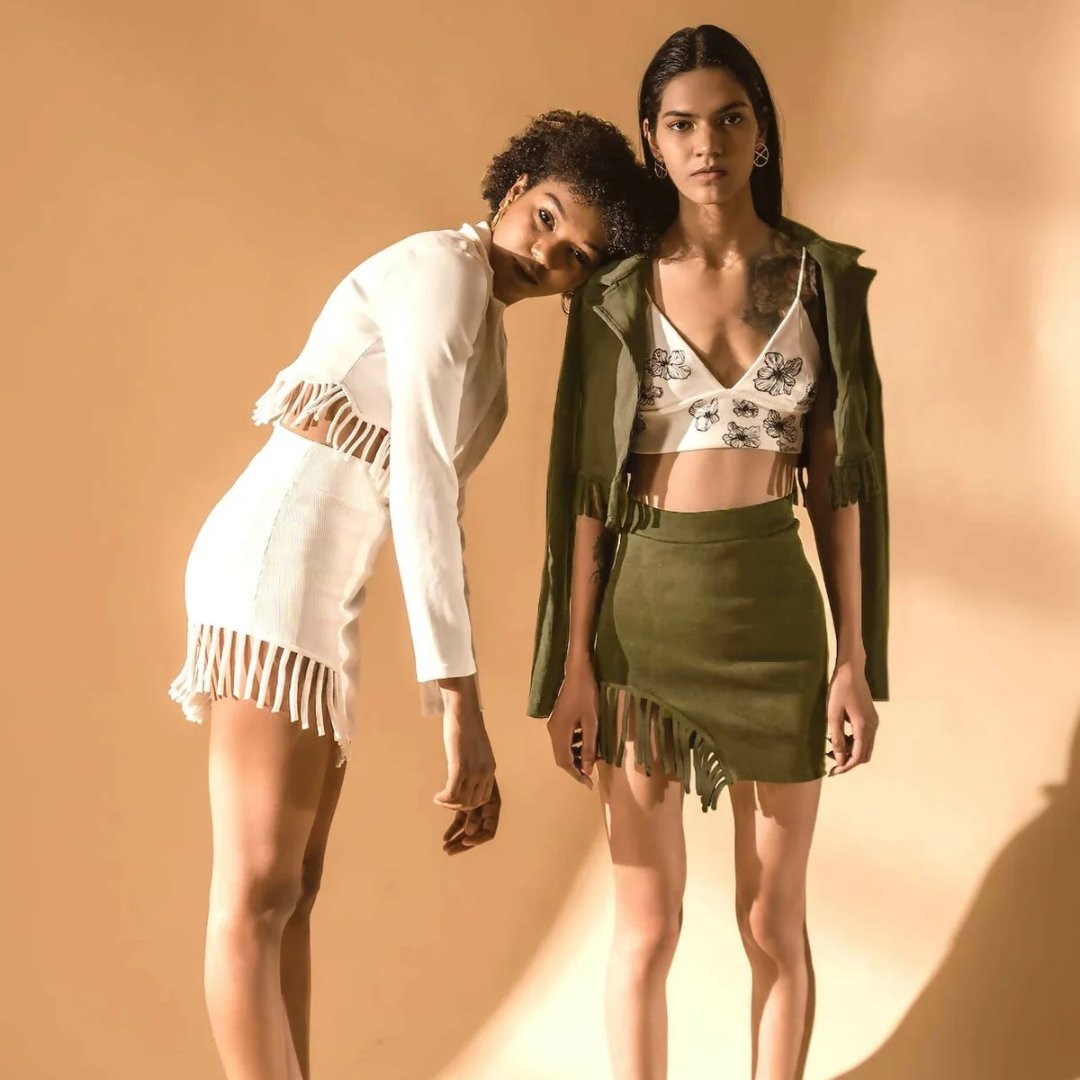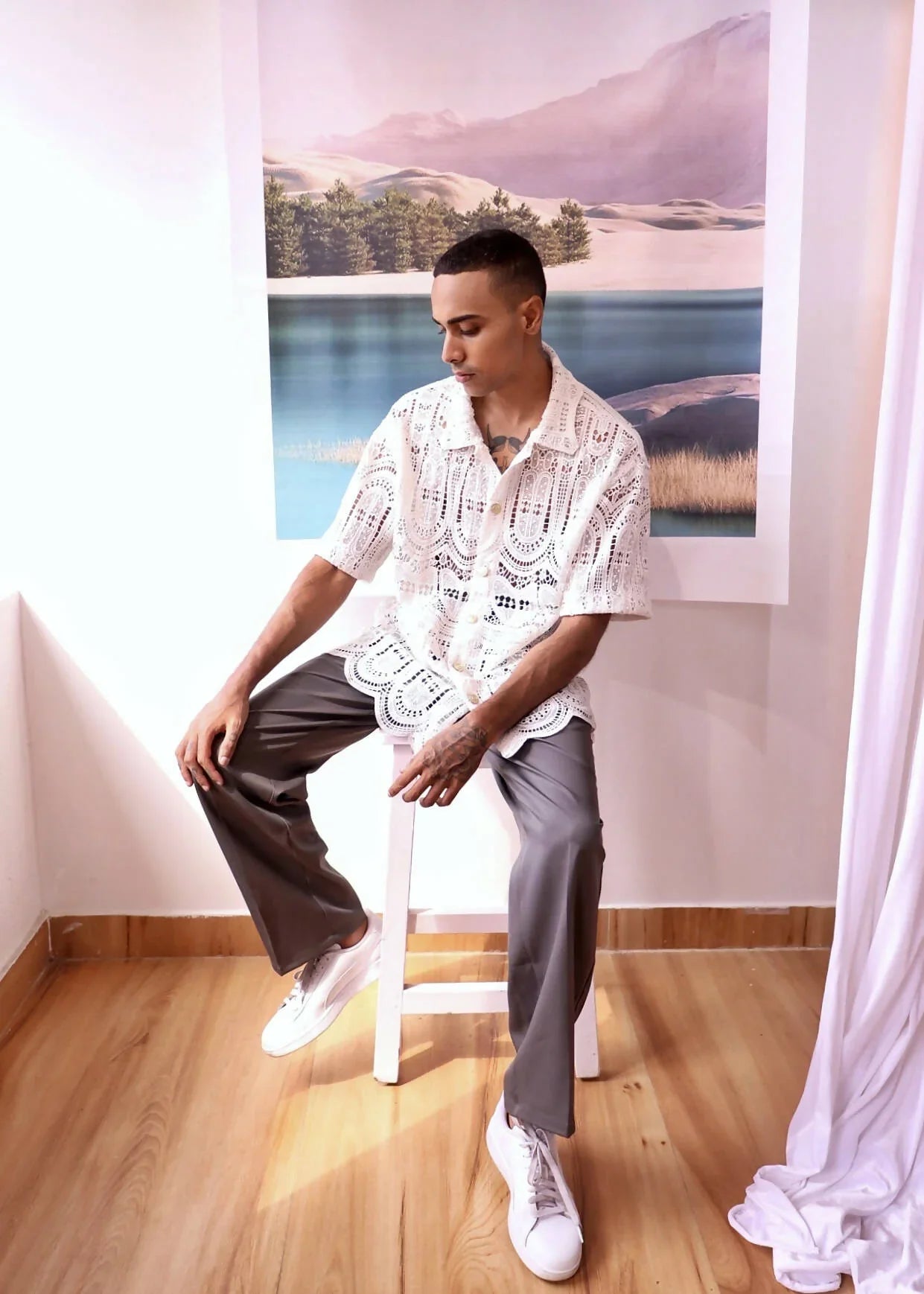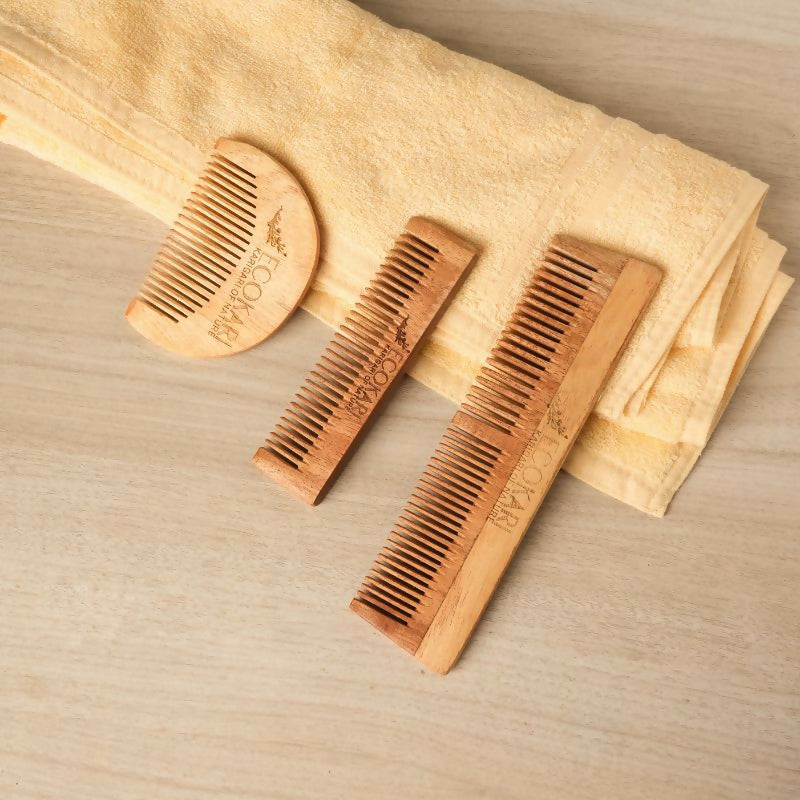Wear Equal - Intimate Wear as a Vehicle of Change
Wear Equal is an intimate wear brand that makes undergarments out of 100% upcycled cotton deadstock fabric. Apart from making sustainable products, the brand plans to address the inaccessibility of quality affordable undergarments by women in rural areas. In this feature, we interviewed the brand’s founder, Preeta Chaudhuri Ghosal to learn more about the brand’s unique business model and the multi-faceted impact it seeks to create.
REFASH: How did the brand come to be?
Preeta: My family has been in the garment manufacturing and export business for many years now. I would notice the huge amounts of premium quality fabrics that would be wasted by the industry. I realized I can tap into the opportunity to work with deadstock fabric and create capsule high quality products.
So in 2018, the brand was conceptualised with a unique hybrid business model. My business idea was then selected by IIM Bangalore for its Women’s Startup Programme wherein our business model underwent further development and prototyping. Finally, it was in 2019 that the idea was launched under the brand name- Wear Equal.
R: How did you get interested in sustainable fashion and more specifically, underwear?
P: Before Wear Equal I had worked in the social development sector for about a decade, specifically in UN missions and social auditing/consulting firms. In my field travels across rural and remote parts of India, I would notice the stark gaps in the sanitation and menstrual health sector. I was astounded to know that rural Indian women and girls did not wear underwear and so could not use sanitary pads during menstruation. With this in mind, I wanted Wear Equal to facilitate better access to a product as essential as an underwear.

( Preeta Chaudhuri Ghosal, Founder of Wear Equal )
R: Please can you shed more light on how your brand incorporates the following in its offering/catalogue/brand practices - zero waste, dead stock fabric, eco-friendly and upcycled.
P: All products are made from 100% up-cycled organic cotton fabrics sourced from export houses in Kolkata. This reduces the amount of dead stock fabric that ends up in landfills while providing affordable yet sustainable products in the market. Furthermore, the products are made using zero-waste production techniques wherein even the trims and accessories are sourced from surplus/leftover stock available in factories. Additionally, the products are packed in environment-friendly cotton pouches which can be used for an extended period of time.
R: Can you share about the design process of your products?
P: After we obtain the organic cotton scraps and ends of rolls, we sort them by colour and composition. We then develop a collection by adding on fun prints to the available fabrics. We use various permutations and combinations to determine and decide which print works best for which style, so as to ensure the best usage of the quantity of fabric available. As for trims and accessories, we make use of available threads and trims to finalize the designs. Special care is taken to keep the sourcing as circular as possible.
R: What are some of the challenges you have faced while conceptualizing the brand and designing the products?
P: Our biggest challenge has been scaling up. We are committed to not using virgin / new fabrics for our products because they consume large amounts of resources to be produced. However, since the availability of dead stock fabric is limited, increasing volumes of underwear requires more dead stock fabric to be sourced. All factories have only a limited inventory of quality dead stock that can be used. So in order to meet our required demand, we are and have been in constant pursuit of factories that supply our desired raw materials.
Another challenge that we grapple with is choosing what type of products to create. Unlike other fast fashion brands who are free to create a product design and then start manufacturing it, we are pressed by the challenge of making our collection from only the fabrics available. Thus, both the design and the quantities of each collection are dependent on the fabric type, colour and quantity available. We have a strong creative design team that focuses specifically on extracting the most of what is available.
R: Do you plan on working with other materials in the future?
P: Cotton is grown massively in India and supports our local farmers. It is a sustainable and natural fabric, yet most high quality organic cotton grown in India is exported abroad depriving domestic consumers from using it. We are focused on promoting organic cotton as the ideal fabric suited for Indian climate. Though we have used other fabrics like upcycled ethical viscose in capsule collections as well.
R: Will the product offering be expanded in the future? If so, what new categories would the product catalogue include?
P: Yes, we have planned a wide range of products offering in the very near future. This includes new functional underwear for women in special conditions, innerwear for summers as well as tees and sleep wear.
R: The brand has had powerful campaigns on body positivity, intersectional feminism and sustainability for its products. Tell us more about why each of these are important for the brand ethos.
P: We promote the idea of Intersectional Feminism wherein women from all parts of society are equal & help each other to strengthen their stand in the world. We strongly stand for diversity, inclusivity and body positivity.
( Wear Equal offers intimate wear with the size range of XS - 4XL )
R: Wear Equal aspires to implement a unique hybrid model to make underwear accessible and available in rural areas. Can you share more information on how this model is structured and what impact the brand hopes to create?
P: In India, the stigma and shame associated with menstrual blood has been instrumental in distancing women from the concept of sanitary hygiene. We believe that even though sensitization programs are implemented by the proactive involvement of government bodies and NGOs, an enabling environment for behaviour change can be strengthened with a robust product delivery model. The Wear Equal business model is set up such that part of the profits are channelized to provide a cross-subsidized product targeted for low-income markets. Thereby making underwear accessible, affordable and safe for rural Indian women.
R: What has been the response of your consumers to your brand story and products?
P: Within the span of a year, Wear Equal has garnered over 500 customers.
Our brand and its unique hybrid model has also been featured and promoted by various leading magazines and media houses.
R: What is your vision for the brand? Any upcoming plans that one can look forward to?
P: Apart from bringing a whole new range of products to the market and increasing our distribution channels for sales, we are also committed to launching low-cost underwear for rural women in remote parts of the country. We conducted a special research last year in Nagaland and will be piloting our product in the region this year.
R: What has been the most gratifying part of your journey with the brand?
P: Our brand seeks to touch people with our ethos. Through it we have been able to establish a connection with our customers, like-minded brands and platforms; all who are engaged and passionate about destigmatizing taboos around menstruation, spreading the message of feminism, body positivity, sustainable fashion and equality.
Shop Wear Equal's upcycled Intimate Wear here -
--
Discover founder interviews of upcycled brands here.
Shop upcycled products here.
-
Image Credits: Wear Equal
Feature Credits: Harshitha Venati







Leave a comment